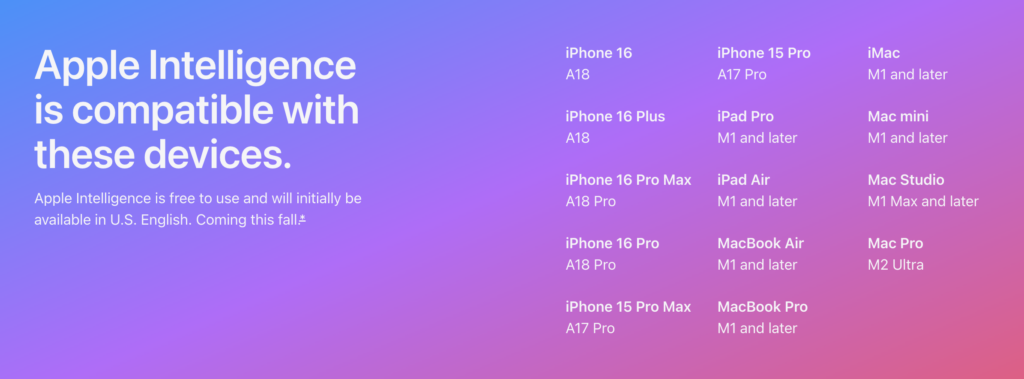Get Ready for the 2024-25 Ski Season: Digital Marketing Tips for Resorts and Hotels Near the Slopes
As the 2024-25 ski season approaches, the weather has been unpredictable. However, there's no need to worry; whether it's powder or sunny days, we have ski hotel digital marketing strategies to keep your property top of mind.
If you're a ski resort or a hotel close to the slopes, here’s how to keep your hotel’s digital marketing fresh and effective all ski season long.
1. Make your ski hotel’s content weather-ready
The weather is always changing. One day, it’s snowing, and the next day, it’s sunny. Make sure your hotel’s content is as flexible as the weather. Use videos, social posts, and landing pages highlighting different activities based on conditions: snow days on the slopes, cozy fireside vibes, or winter hikes.
Actionable item: Develop hotel content that showcases your property no matter the weather. Whether it’s powder days at the resort or a warm, sunny afternoon near your hotel, you want to stay relevant.
2. Focus on local and niche search keywords
Forget the broad search terms like “best ski resorts” or “ski vacations”—they’re highly competitive. Instead, focus on local, long-tail keywords to attract guests searching for nearby experiences.
Actionable item: Use phrases like “ski resorts near Steamboat Springs” or “hotels close to Jackson Hole ski area” to get in front of travelers looking for specific ski destination lodging.
3. Leverage user-generated content and social ads
User-generated content (UGC) is gold. People trust reviews from real guests. Whether you’re a resort or a hotel, showcase testimonials through social ads that highlight real guest experiences.
Actionable item: Run social ads with hotel guest testimonials or reviews. Feature experiences like après-ski fun or cozy lodge stays to build trust and encourage bookings.
4. Optimize for last-minute skiers
Skiers are spontaneous, so your hotel’s mobile-friendly site should be ready to capture those last-minute bookings. Ensure your hotel’s website is fast, easy to navigate, and optimized for mobile visitors planning a trip on a whim.
Actionable item: Offer last-minute hotel deals or special packages for travelers looking for spontaneous ski getaways. Push real-time notifications about snow conditions or exclusive offers to keep them engaged.
5. Personalize your hotel’s emails based on weather
Snow levels vary dramatically from region to region. Personalize your hotel’s email campaigns to reflect local weather conditions so your messages are always relevant.
Actionable item: Send tailored emails based on weather patterns. For example, promote “Fresh Powder Deals” during snowstorms and highlight non-ski activities like spa days or winter hikes on warmer days.
6. Work with flexible influencers
Influencers are great for spreading the word, but with unpredictable weather, you need partners who can promote both epic snow days and other experiences like après-ski or indoor activities around your hotel.
Actionable item: Collaborate with winter sports influencers who can showcase a variety of activities, from skiing to snowshoeing to relaxing at your resort or hotel.
7. Real-time promotions based on snow conditions
Real-time hotel marketing is key. If a big snowstorm hits, you’ll want to be ready with promotions that can go live instantly. Keep your property top-of-mind by capitalizing on current snow conditions.
Actionable Item: Set up automated campaigns that trigger based on weather. Promote last-minute deals during a snowstorm or highlight non-ski activities when conditions are mild.
Final thoughts: Stay agile and make the most of this year’s ski season
The 2024-25 ski season may be unpredictable, but your hotel’s marketing doesn’t have to be. With these strategies, your resort or hotel can stay at the top of your mind, no matter the weather. Whether your guests are skiing or relaxing nearby, stay flexible, creative, and ready to make this season your best yet.
For expert guidance and tailored ski messaging strategies, contact Gcommerce Solutions today.



